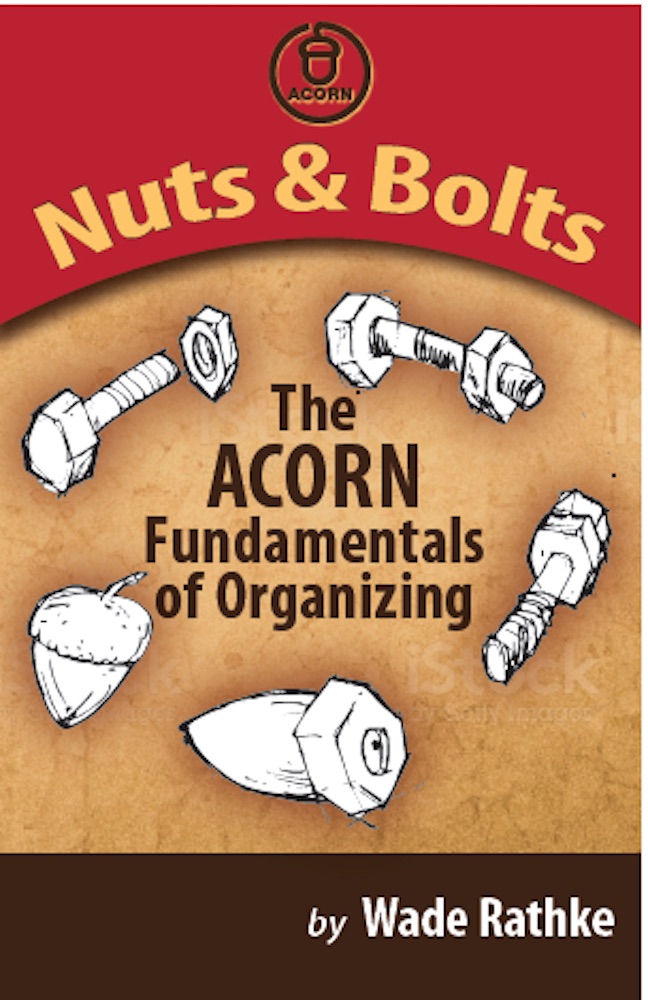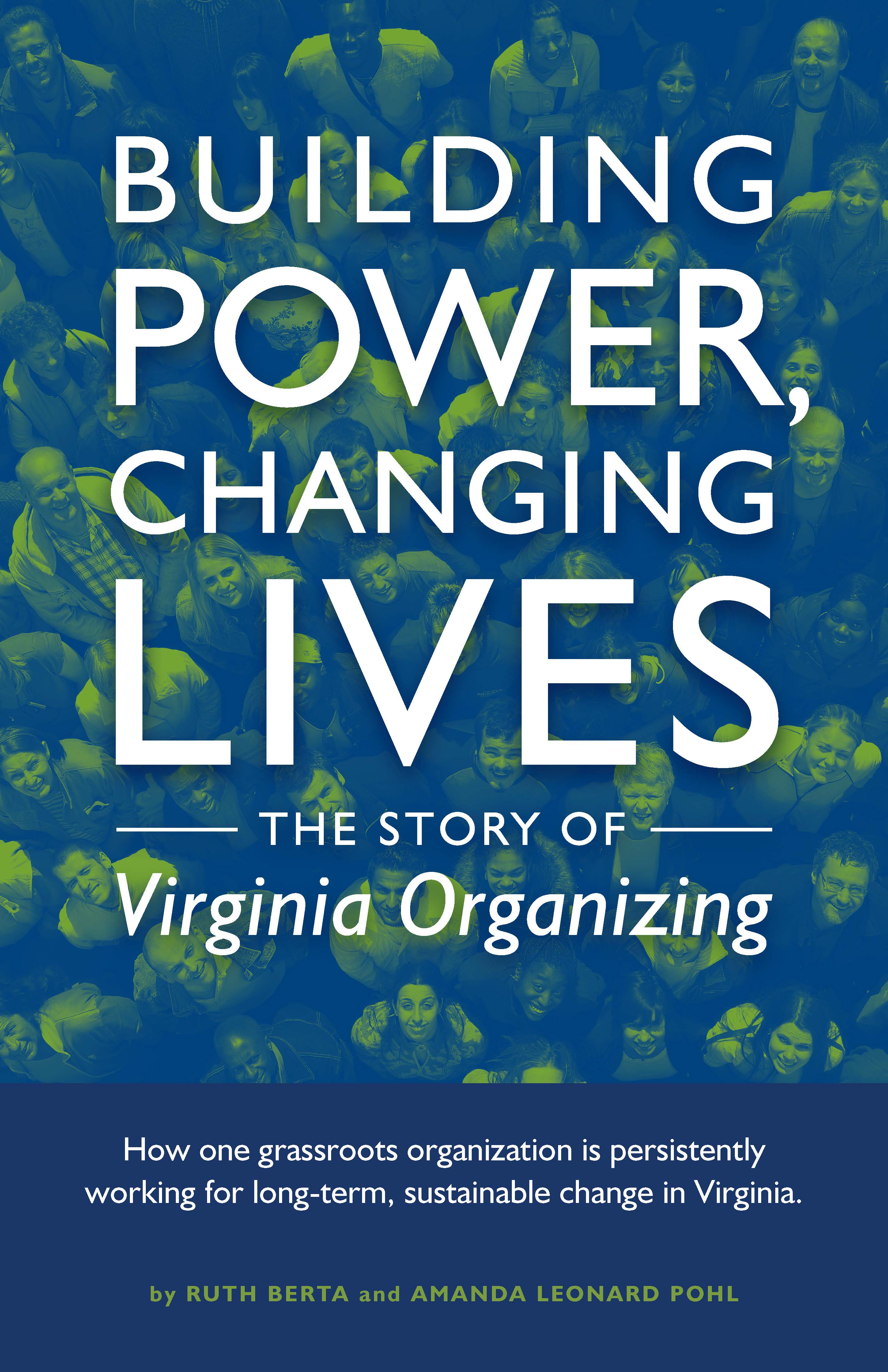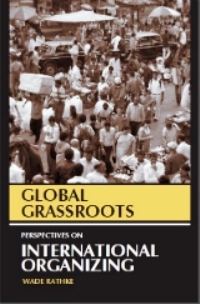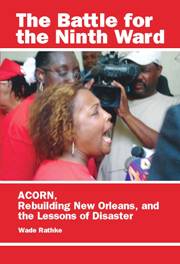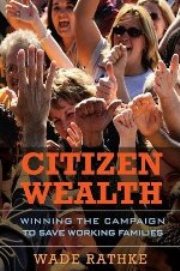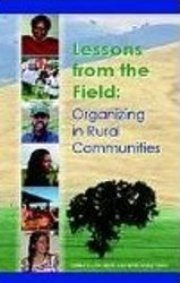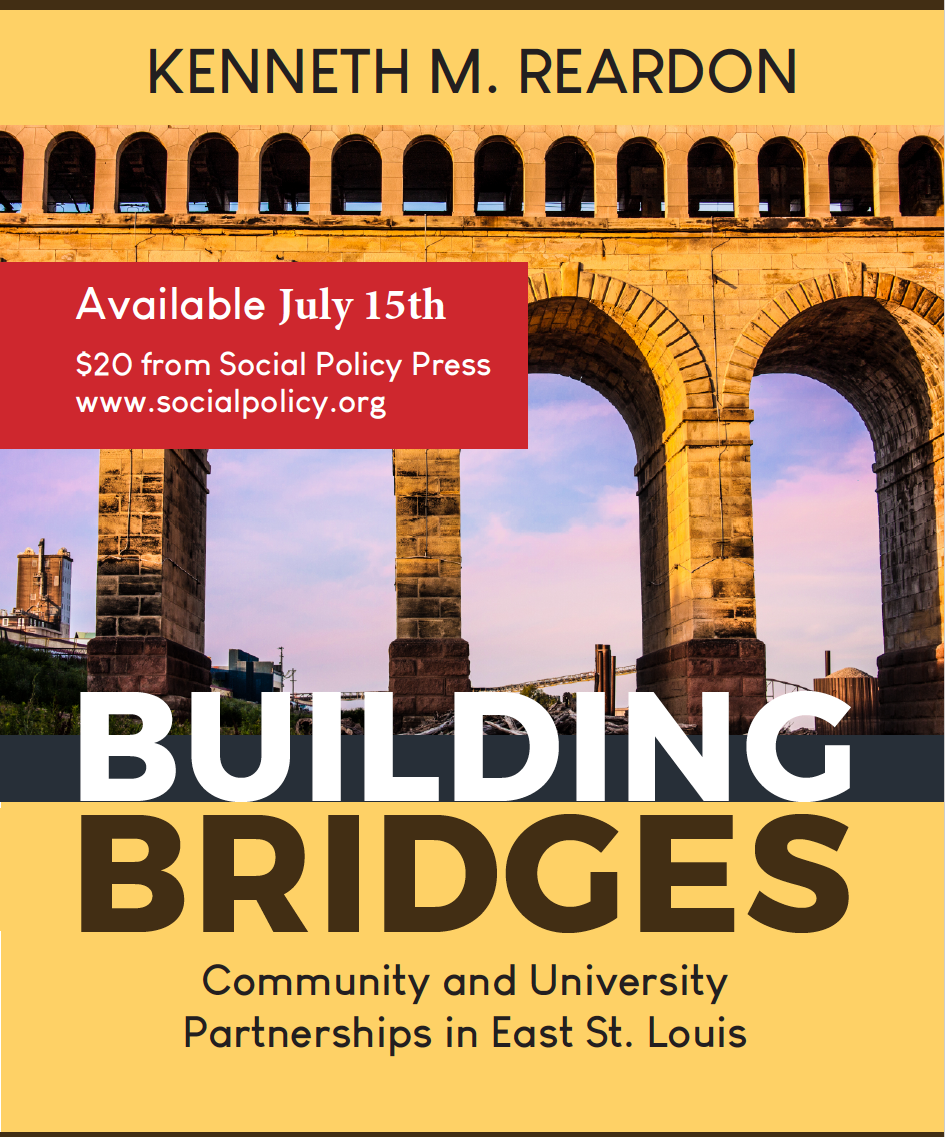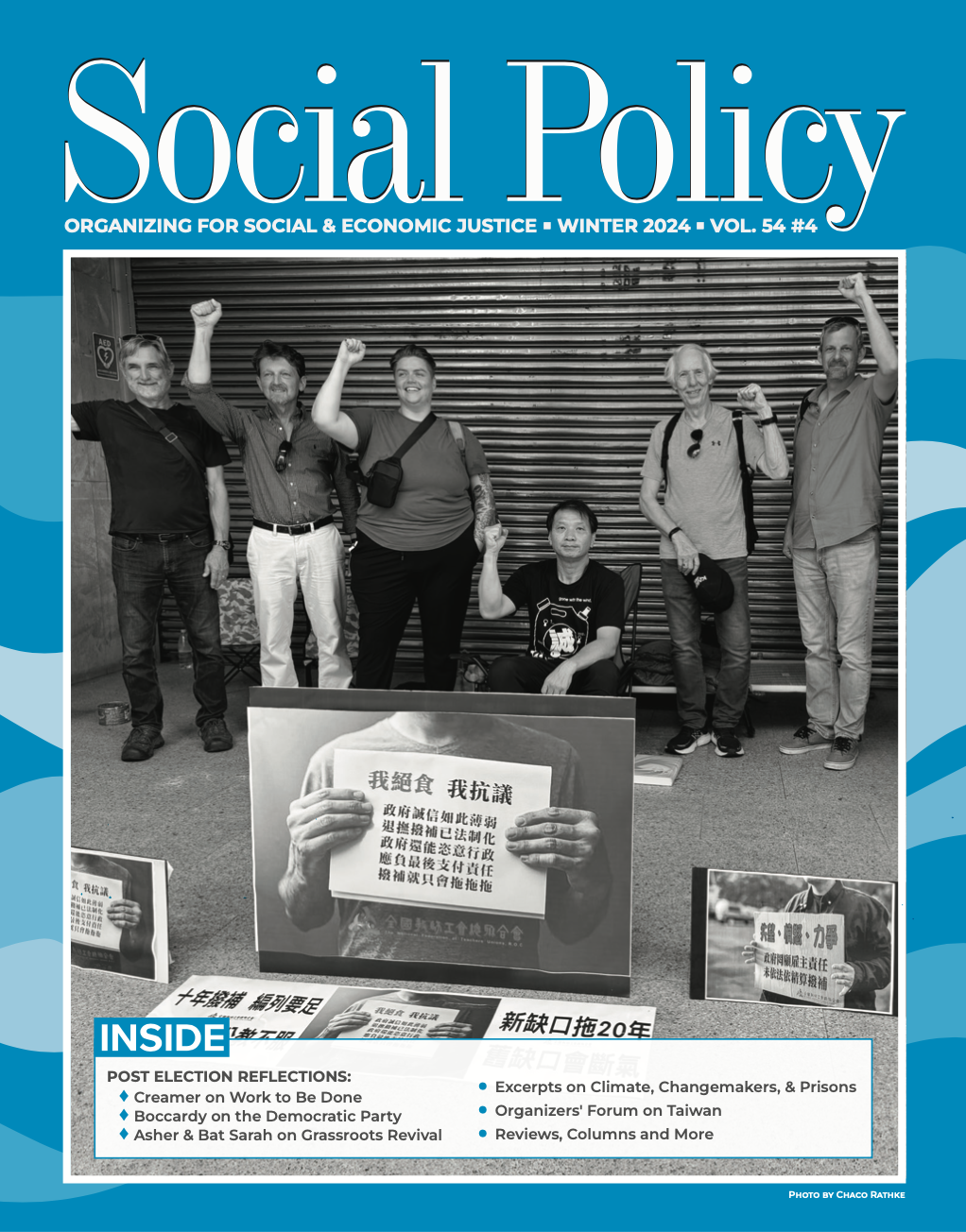SPECIAL REPORT: Organizer's Forum International Dialogue in Taipei, Taiwan - Life
Written by Liv Reijns
Life in Taiwan - Balancing Progress with Inequality & Discrimination
Taiwan is often praised for its modern infrastructure, high safety standards, and impressive cleanliness. However, beneath these outward successes, significant social and economic challenges persist. From rising housing costs to ongoing struggles for indigenous rights, daily life in Taiwan reflects both progress and inequality.Etiquette, Safety and Cleanliness in Public Spaces.
Taiwan's cleanliness is a defining feature of daily life. Public spaces, including streets, subways, and malls, are meticulously maintained, with government cleaning services playing a key role. In fact, it’s not uncommon to see employees in public malls scrubbing the floors on their hands and knees, diligently removing scuff marks to ensure every surface shines.Taiwan’s streets are known for their safety and orderliness. The road infrastructure is particularly scooter-friendly, as this mode of transport is a primary means of commuting for locals. The country’s traffic laws are strictly adhered to, with clear lanes for scooters and long crosswalk countdowns, ensuring pedestrian safety. In the subway, safety barriers prevent people from falling onto the tracks, a measure that highlights the nation’s careful approach to public safety.
However, this emphasis on strict rule-following can sometimes feel stifling, particularly when considering that this culture of order emerged from a time when Taiwan's streets were described by locals as a complete free-for-all. The emphasis on conformity leaves little room for individual expression, and some argue it fosters a culture of rigid order rather than flexibility. While the system works well, the absence of variation may not suit everyone’s preferences.
Housing: Affordability and Injustice.
Housing in Taiwan is a growing issue. Rent is relatively affordable, but many apartments are in poor condition, leaving residents with few options other than to endure substandard living spaces. Homeownership is out of reach for most, with sky-high property prices and low wages making it nearly impossible to buy a home. The average income barely covers basic living expenses, let alone savings for property.
Taiwan locals spoke about the construction industry’s corruption exacerbating the problem, with developers cutting corners to maximize profits. This has led to poorly built homes and unsafe living conditions for many. Additionally, government “land grabs” for public infrastructure projects, such as airport expansions, often result in forced evictions. These displacements, often done under the guise of development and “public interest”, demonstrate how the government prioritizes commercial and private interests over the wellbeing of its citizens.
Indigenous Taiwanese Communities: A Struggle for Recognition
Indigenous communities in Taiwan, which make up just 2% of the population, face ongoing discrimination and marginalization. Despite their deep historical connection to the land, Indigenous groups are often displaced by government and corporate development projects. These communities have fought for years to preserve their ancestral lands and protect their culture, yet the government’s response has been slow and inadequate.
While there is some support for Indigenous culture, including subsidies for preservation, real progress remains elusive. Many Indigenous activists are vocal in their demands for land rights and cultural education. The government’s failure to fully recognize their rights, especially in terms of political participation and voting rights, highlights the ongoing struggle for justice in these communities.
Conclusion
While Taiwan shines in many areas, such as safety, cleanliness, and efficient transportation infrastructure, it still faces significant challenges in housing affordability, substandard living conditions, displacement, and Indigenous rights. The housing crisis, along with the ongoing struggles of Indigenous people, exposes the deeper inequalities in the country. During our short time in Taiwan, we were able to meet a range of individuals and organizations who gave us a lot of knowledge.
Thank you to Brian Hioe from New Bloom, Savungaz Valincinan from Lumaq, Taiwan International Workers Association, Taiwan Association for Human Rights, Audrey Tang, Tang Kuang-hua, ICRT Radio, Taiwan Climate Action Network, and Green Citizens Action Alliance.
Liv Reijns is head organizer, ACORN Canada



